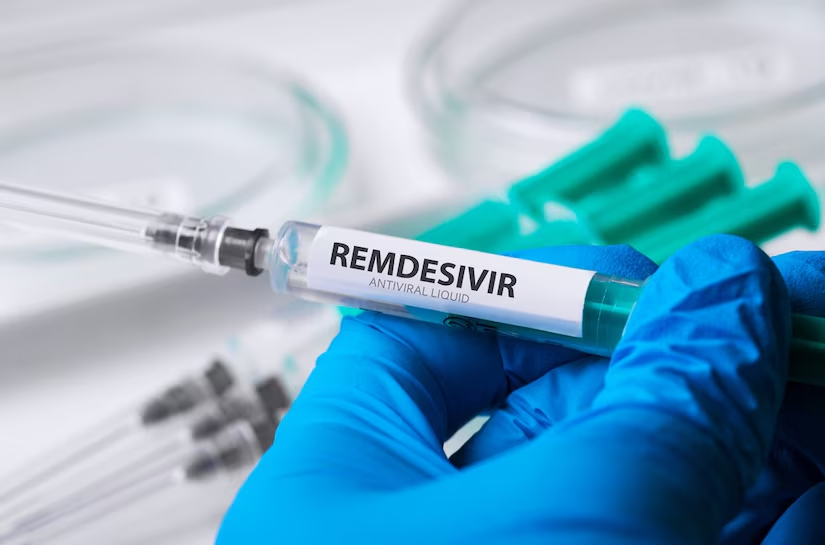In a bold step to curb the escalating Marburg Virus Disease (MVD) outbreak, Rwanda is preparing to deploy the antiviral drug remdesivir for emergency use. The American biopharmaceutical company Gilead, which manufactures the drug, has donated approximately 5,000 vials to the country, marking a significant milestone in Rwanda’s efforts to manage its first-ever Marburg outbreak.
Rising Cases and Health Impact
As of October 4, Rwanda’s Ministry of Health confirmed 41 cases of the deadly virus, which made its first appearance in the country on September 27. The outbreak has already claimed 12 lives, while 24 people are currently in isolation, receiving treatment. Encouragingly, five patients have recovered, though the situation remains grave.
According to health authorities, more than 80% of those affected are healthcare workers. These frontline responders face significant risks due to their close contact with patients in intensive care units. Rwanda’s Health Minister, Dr. Sabin Nsanzimana, emphasized the urgency of remdesivir in addressing severe cases, particularly among healthcare workers.
What is Remdesivir?
Remdesivir is a nucleotide analog prodrug designed to inhibit viral replication, originally developed by Gilead after over a decade of antiviral research. Although it has garnered international attention as a COVID-19 treatment, it has also demonstrated broad-spectrum antiviral efficacy in laboratory and animal studies against multiple viral pathogens, including Marburg, Ebola, and coronaviruses.
While remdesivir’s effectiveness against MVD has yet to be clinically proven, its emergency use in Rwanda is based on preclinical data and extensive safety trials conducted during the COVID-19 pandemic. The drug is not yet approved anywhere for Marburg virus treatment, underscoring the experimental nature of its use in this outbreak.
“We will continue to partner closely with the Rwanda Ministry of Health and other local and global groups. We’re hopeful that early intervention and treatment with remdesivir could be helpful in responding to this Marburg outbreak,” said Johanna Mercier, Gilead’s Chief Commercial Officer.
Unprecedented Global Support
Rwanda is leveraging global partnerships to battle the Marburg outbreak. Gilead has a track record of making remdesivir accessible to lower-income countries, with over 8 million patients worldwide having used the drug through its voluntary licensing program. In Rwanda, its emergency use was greenlit by the Rwanda Food and Drugs Authority (Rwanda FDA), setting the stage for its deployment in the fight against MVD.
No Cure, But Supportive Care is Key
The World Health Organization (WHO) has stressed that there is no licensed treatment currently proven to neutralize the Marburg virus. However, a range of therapies—including blood products, immune therapies, and other drug treatments—are under development. The WHO also highlights that early rehydration and symptomatic care significantly improve survival chances for those infected.
The Marburg virus is a severe and often fatal illness with an average case fatality rate of around 50%, although this has varied from 24% to 88% in past outbreaks, depending on the virus strain and case management. Rwanda’s health system now faces a critical test as it seeks to contain the virus and protect its healthcare workforce.
Looking Ahead
As Rwanda mobilizes resources and international support to contain the Marburg outbreak, the emergency use of remdesivir offers a beacon of hope. However, the outcome of this experimental intervention remains uncertain. Health authorities are urging vigilance, reinforcing infection prevention measures, and accelerating research on the efficacy of potential treatments for the deadly virus.
For now, Rwanda’s swift response and access to experimental therapeutics represent a proactive approach to curbing an outbreak that has already claimed too many lives. All eyes are now on the country’s ability to manage the crisis and potentially pave the way for future interventions in battling viral diseases like Marburg.


